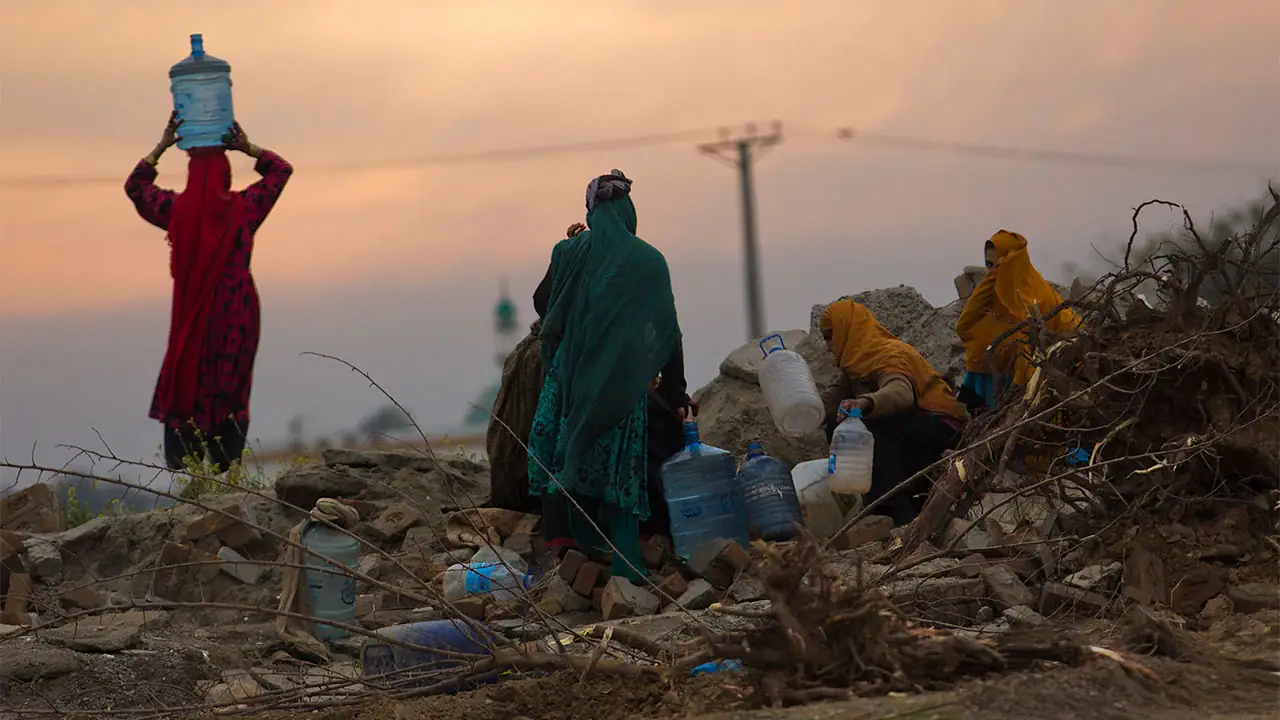More than 90% of rural households in Sindh rely on self-supplied drinking water, mostly drawn from contaminated groundwater sources, posing severe health risks and exposing communities to waterborne diseases.
This concern was highlighted on Thursday during a meeting between Sindh Chief Minister Syed Murad Ali Shah and a World Bank delegation led by Country Director Bolormaa Amgaabazar at CM House.
The session reviewed the proposed Sindh Transformational Accelerated Rural Water Supply, Sanitation, and Hygiene Services (STAR WASH) Project, which aims to address rural water, sanitation, and hygiene challenges while reducing child stunting across the province.
Officials noted that past initiatives mainly focused on infrastructure development later handed over to local governments or communities. However, poor operations and maintenance left many without access to safe drinking water.
READ MORE: Rawalpindi May Soon Get New Dam to Tackle Water Shortage
The World Bank team, after a month-long mission and extensive consultations, presented its findings and stressed the need to move away from traditional asset-based projects toward sustainable service delivery models. The meeting also emphasized that access to safe water, sanitation, and hygiene is directly tied to lowering stunting rates.









